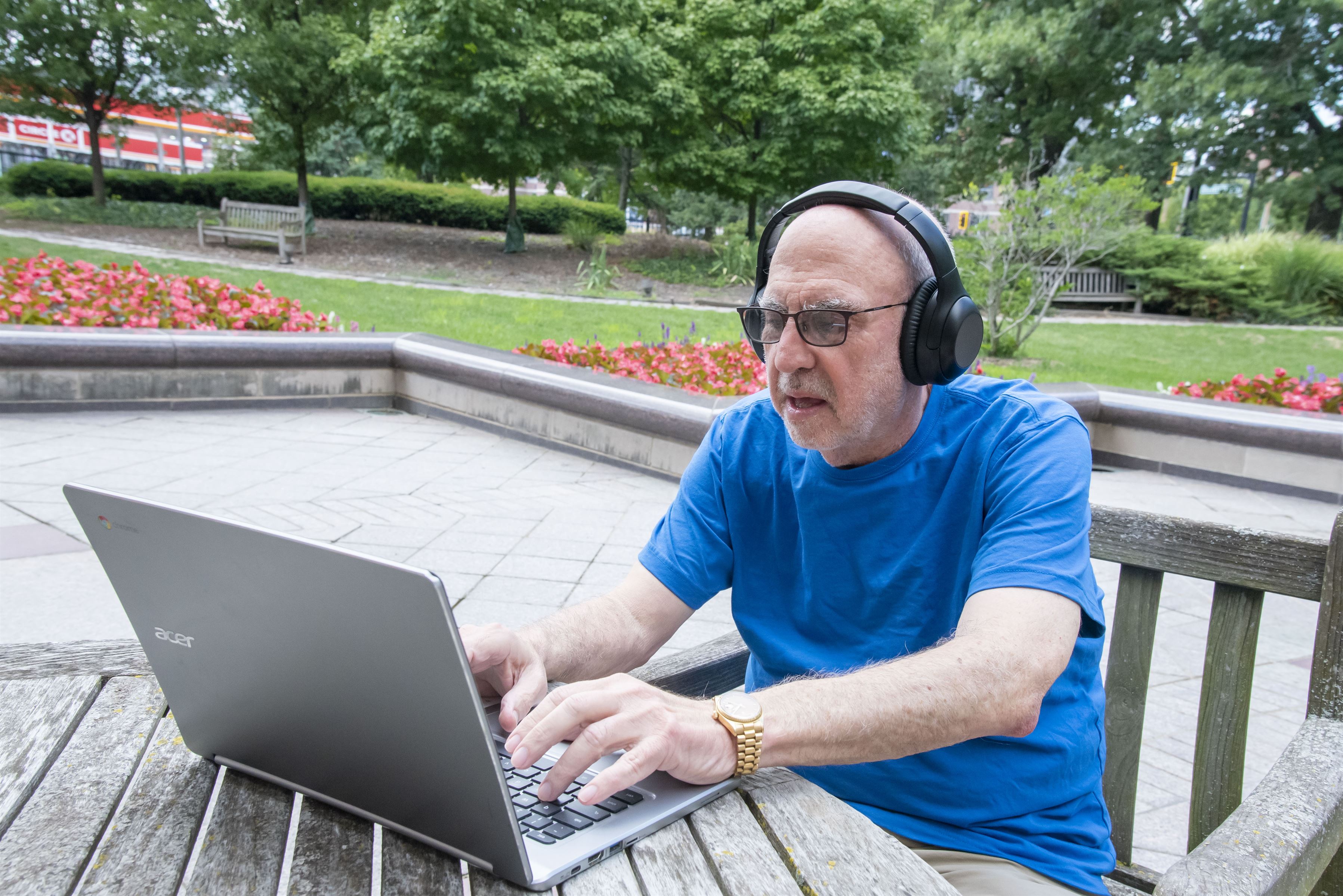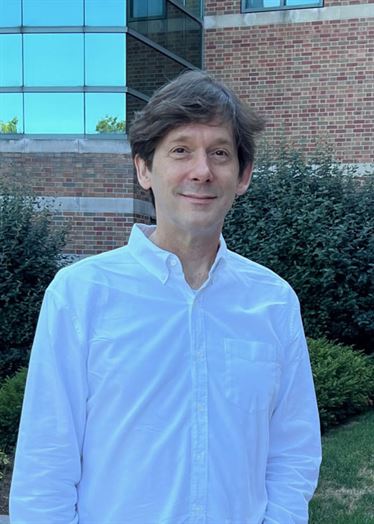Article
 The Speech Accessibility Project, which aims to make automatic speech recognition technology more accessible to people with speech differences and disabilities, is now sharing some of its voice recordings and related data with universities, nonprofits and companies.
The Speech Accessibility Project, which aims to make automatic speech recognition technology more accessible to people with speech differences and disabilities, is now sharing some of its voice recordings and related data with universities, nonprofits and companies.
The project team is accepting signed data use agreements and one-page proposals for recordings of 211 people with Parkinson’s. The download also includes text of the original speech prompts and a transcript of the participants’ responses. A subset includes annotations describing the speech characteristics and how they affect participants. Additional recordings will be released each month.
 Mark Hasegawa-Johnson“The goal of the Speech Accessibility Project is to make speech technology accessible to everyone,” said Mark Hasegawa-Johnson, the project’s leader and a professor of electrical and computer engineering at the University of Illinois Urbana-Champaign. “We’ve already shown that, by training an ASR using one part of this dataset, it’s possible to reduce error rates for people with Parkinson’s disease by almost a factor of two. We are hoping that other universities and companies will be inspired and challenged by that result to come up with hundreds of good ideas for using this data to make speech technology more accessible.”
Mark Hasegawa-Johnson“The goal of the Speech Accessibility Project is to make speech technology accessible to everyone,” said Mark Hasegawa-Johnson, the project’s leader and a professor of electrical and computer engineering at the University of Illinois Urbana-Champaign. “We’ve already shown that, by training an ASR using one part of this dataset, it’s possible to reduce error rates for people with Parkinson’s disease by almost a factor of two. We are hoping that other universities and companies will be inspired and challenged by that result to come up with hundreds of good ideas for using this data to make speech technology more accessible.”
Funded by Big Tech companies Amazon, Apple, Google, Meta and Microsoft, Illinois is using the project to train voice recognition technologies to understand people with diverse speech patterns and disabilities. The project is still recruiting U.S. and Puerto Rican adults with amyotrophic lateral sclerosis, cerebral palsy, Down syndrome, Parkinson’s disease, and who have had a stroke.
The project’s data use agreement requires that any organization using the data will not distribute it to a third party and prevent any unauthorized use. The agreement encourages those using the data to make their results publicly available and acknowledge the Speech Accessibility Project in any publications.
Data users must also agree not to use the data to attempt to identify anyone who participated in the project by recording their voice, and promptly delete data from any participant who withdraws consent from the project.
“This is a big milestone for us, especially for those of us who have close friends and family members living with Parkinson’s. We hope and intend that these data will make a measurable difference in people’s ability to access technology,” Hasegawa-Johnson said.
Speech Accessibility Project
405 N Mathews Ave., Urbana, IL 61801